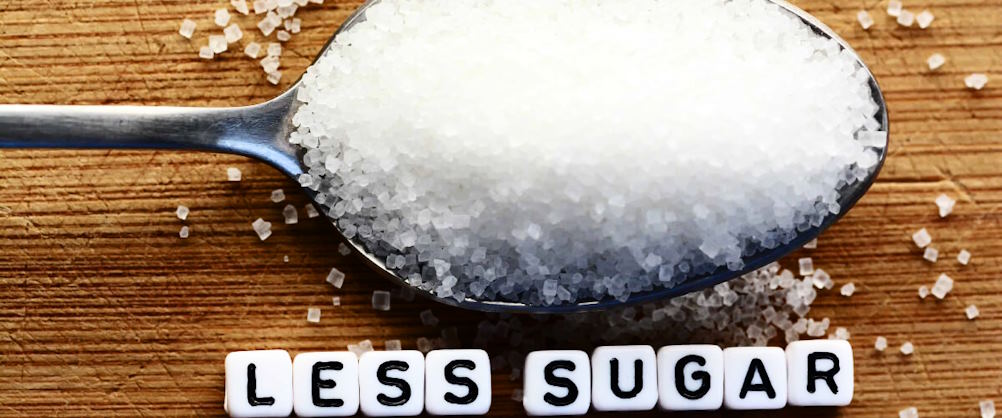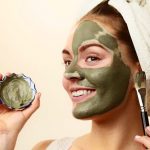How Does Sugar Influence The Appearance Of The Skin?
In our quest for healthy, vibrant skin, we usually explore countless different skincare products and routines, hoping to unveil the secret to a radiant complexion. Yet, there’s an essential element in our daily lives that significantly influences our skin’s appearance – it’s sugar. Understanding how sugar impacts our skin’s appearance is growing as people try to dig deeper into the link between dietary choices and our complexion.
In what way does it influence?
The influence of sugar on the appearance of our skin is multifaceted, affecting various aspects of skin health. Let’s explore some of the key ways in which sugar can affect our skin:
Premature Aging
Consuming excessive amounts of sugar can trigger a biochemical process known as glycation. During glycation, sugar molecules bind to proteins in your body, including collagen and elastin, which play a crucial role in preserving the skin’s elasticity. This interaction can give rise to the creation of advanced glycation end products (AGEs), contributing to premature aging symptoms, such as the development of wrinkles and sagging skin.
Inflammation
High-sugar diets are known to promote inflammation in the body. Inflammation can manifest in various skin issues, such as redness, puffiness, and skin conditions like acne and eczema.

Acne
Diets high in sugary foods, particularly those with a high glycemic index, have been linked to an increased risk of acne. It is because high-glycemic foods can cause spikes in blood sugar and insulin levels, leading to increased oil production and clogged pores.
Dull Complexion
Sugar can impact the skin’s ability to shed dead cells effectively, leading to a dull complexion. It is due to its effect on insulin levels and the overproduction of skin cells.
Dehydration
Excessive sugar intake can result in dehydration, as it can draw water out of the skin. Dehydrated skin can appear dry, flaky, and less radiant.
Uneven Skin Tone
Sugar can contribute to an uneven skin tone by stimulating excess melanin production. It can lead to the development of dark spots or hyperpigmentation.
In summary, the relationship between sugar and skin health is complex. While enjoying sugary treats in moderation is unlikely to cause significant harm to your skin, a diet high in added sugars can contribute to various skin issues over time. It’s important to maintain a balanced and nutritious diet to support healthy, glowing skin.













